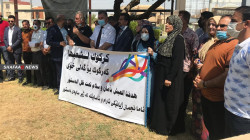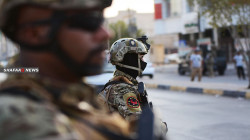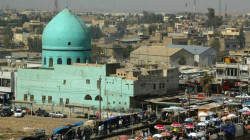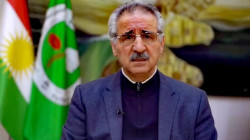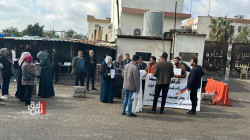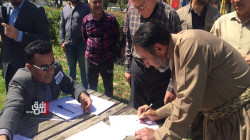Kurdistan's Leading Parties Agree on Kurdish Governor for Kirkuk
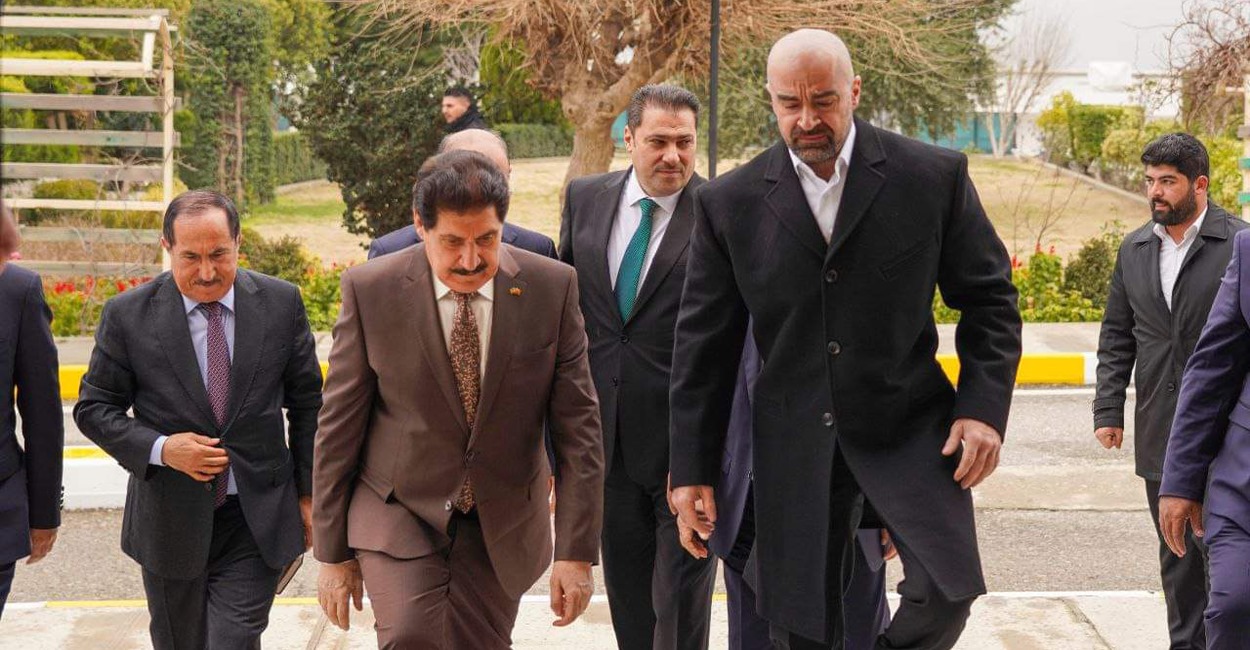
Shafaq News/ The Kurdistan Democratic Party (KDP) and the Patriotic Union of Kurdistan (PUK), the two leading parties in the Kurdistan Region of Iraq, agreed on Sunday that Kirkuk's next governor should be Kurd.
"In the current phase, and in the best interests of the citizens of Kirkuk province with all its components, it is necessary to appoint a Kurdish governor to serve the people of the cities and towns," a joint statement from the parties said after a meeting between high-level delegations from both sides.
According to the statement, the two parties agreed that it is their duty to protect the entity of the Kurdistan Region, preserve the gains of the revolution and struggle, and the blood of the martyrs of Kurdistan.
The statement stressed the need to strive to resolve the outstanding differences and issues with the federal government, noting that "at a high level, the two sides must try to solve the problems in general, and secure livelihoods, services, budget, and salaries in particular."
A high-level delegation from the KDP's Politburo, headed by leader Fazil Mirani, met on Sunday morning with a similar delegation from the PUK headed by Bafel Talabani in the "Dashti" area in Sulaymaniyah province.
Kurdish political groups in Kirkuk, Iraq, remain locked in a stalemate over forming a local government, raising concerns about prolonged political uncertainty in the disputed province.
Negotiations between the winning parties in the recent elections have yielded little progress, primarily due to the closely contested results. No single party or coalition holds a clear majority, making it difficult to secure the governorship and other key positions.
The electoral landscape in Kirkuk reflects the province's diverse ethnic and sectarian makeup. The Kurdistan Democratic Party (KDP) and the Patriotic Union of Kurdistan (PUK) secured a combined seven seats, while the Arab Alliance in Kirkuk (three seats), the Unified Turkmen Front (two seats), and other smaller groups also gained representation.
Kirkuk's status as a disputed territory between the Kurdish Regional Government (KRG) and the Iraqi government adds another layer of complexity to the political situation. Following the 2017 independence referendum, the Iraqi government retook control of Kirkuk, further straining relations with the KRG.
The current impasse raises concerns about potential delays in addressing critical issues facing Kirkuk residents, such as infrastructure development, public services, and economic opportunities.
